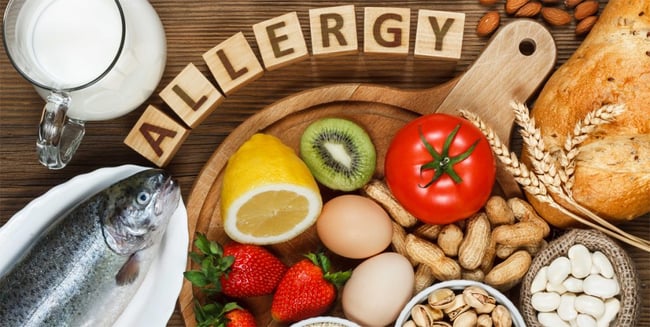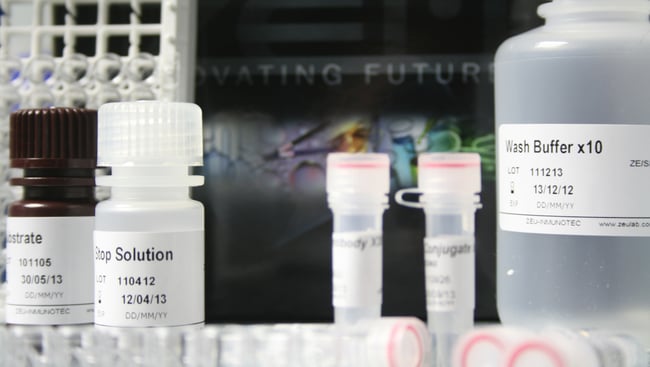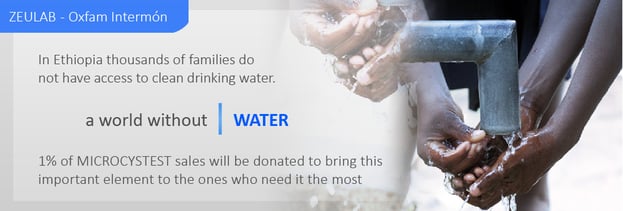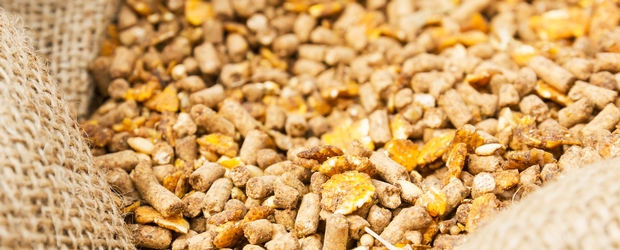According to the Spanish Royal Decree law 10/2020, from the 29th of March the population´s mobility is restricted to essential activities preventing spread of COVID-19 further.
We continue helping to produce high quality and safe food providing testing kits
Mar 31, 2020 3:24:51 PM / by Pedro Razquin posted in zeulab
Advantages and disadvantages of the main analytical methods used in allergen management
Jul 14, 2017 11:50:24 AM / by admin posted in Analytical methos, ATP, Control, Cross contamination, Allergens, Proteon Express, Rapid Test, Test LFIC, zeulab
Analytical methods are needed for a correct management and control of potential allergen cross-contamination, as well as the reinforcement of the quality of the manufacturing and cleaning processes.
According to European regulation No 1169/2011, it is mandatory to report specific allergens present in a product.
Direct methods are recommended because they allow the detection of specific allergenic proteins, avoiding false positives, because they are able to distinguish accurately the presence of a particular allergen.
Selection and use of test kits by accredited laboratories
Jun 26, 2017 11:02:17 AM / by admin posted in Enac, Accreditations, Kits, National accreditation, Test Kits, Validations, zeulab
The European co-operation for Accreditation or EA is an association of national accreditation bodies in Europe that are officially recognised by their national Governments to assess and verify organisations that carry out evaluation services such as certification, verification, inspection, testing and calibration.
Analysis of allergens on work surfaces: “cotton cheats”
Apr 28, 2017 8:52:36 AM / by admin posted in Analysis of allergens, Control of allergens, Cross contamination, Elisa Test, Allergens, Labelling, Rapid Test, Work surfaces., zeulab
Have you ever wondered if the cleaning that you do is really effective? The answer is especially important when we talk about cross-contamination through food allergens.
Zeulab collaborates with the Vicente Ferrer Foundation
Mar 2, 2017 9:06:51 AM / by admin posted in collaboration, commitment, explorer, Explorer kit, India, NGO, social responsibility, Vicente Ferrer Foundation, zeulab
At Zeulab we believe that cooperation, solidarity and development must be fundamental pillars in business philosophy. For this reason, for years, we have been collaborating with different NGOs transmitting our commitment to eradicate the inequalities and mobilize consciousness as well.
ZEULAB Collaborates with Oxfam Intermon
Apr 28, 2015 9:59:40 AM / by admin posted in collaboration, Donate, donate for Ethiopia, donation, Ethiopia, Africa, help Africa, intermon, Microcystest, microcystest, oxfam, oxfam intermon, oxfam international, social responsibility, water in Africa, water toxins, world without water, zeulab
Zeulab has collaborated with Oxfam Intermon after finishing the social campaign that took place during 2014. Zeulab has donated 1% of MicroCystest sales to Oxfam Intermon, collaborating with "A world without Water" campaign, helping Ethiopian families to have access to clean drinking water.
Detection of antibiotic residues in feed: from farm to fork
Feb 26, 2015 1:43:36 PM / by admin posted in antibiotic free chicken, antibiotic free meat, antibiotic residue in meat, antibiotic residues, Antibiotic resistance, antibiotic resistant bacteria, antibiotic testing, Antibiotics, antibiotics in chicken, Antibiotics in feedingstuffs, antibiotics in food, antibiotics in meat, antibiotics in our food, antimicrobial resistance, Detection of antibiotic residues in feed, e-reader, food quality testing, Food Safety Safe food, food security, Inhibition test, Maximum residue limit, MRL, Safe on food, screening method, veterinary drug residue testing, zeulab
The use of antibiotics with therapeutical or prophylactical purposes is a common practice in livestock. These antimicrobials are often administered to food animals through medicated feedingstuffs.
Medicated feedingstuffs may be defined as mixtures of veterinary medicinal products and feed intended to be fed to animals because of their therapeutic or preventive features. Antimicrobial products that are part of medicated feedingstuffs must have been authorised for the animal species which the feed is administrated to and must also be included in Council Regulation 2377/90.







